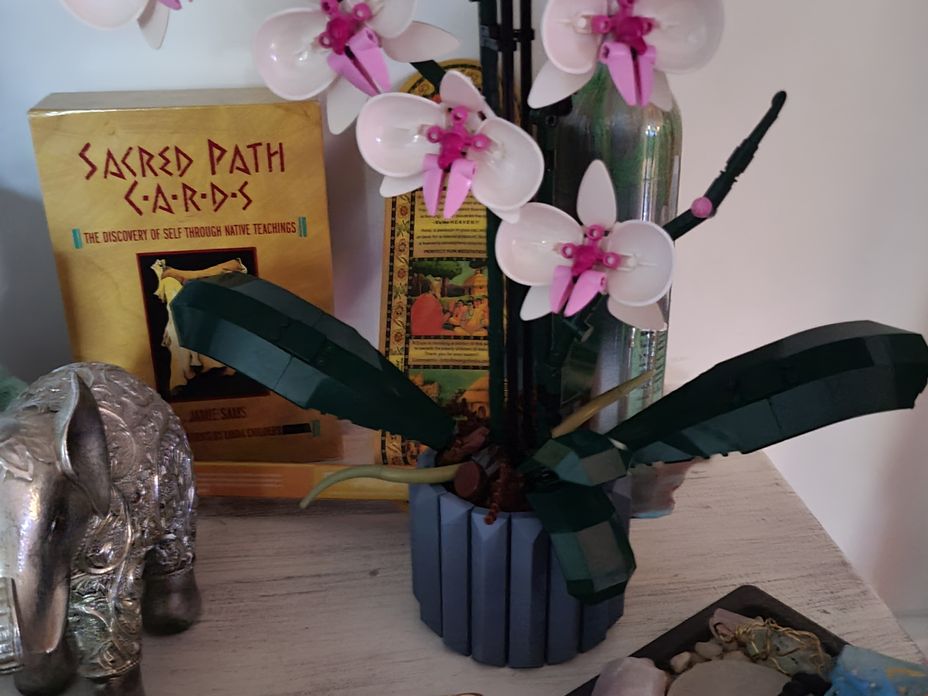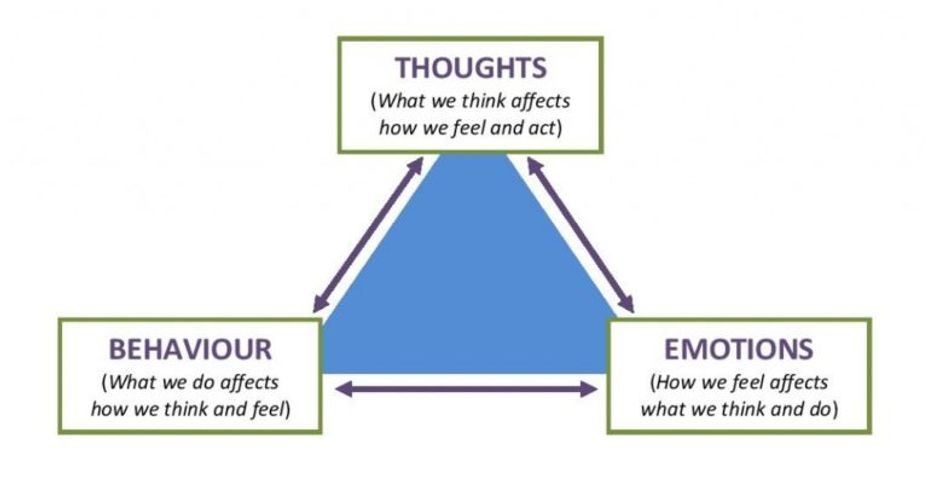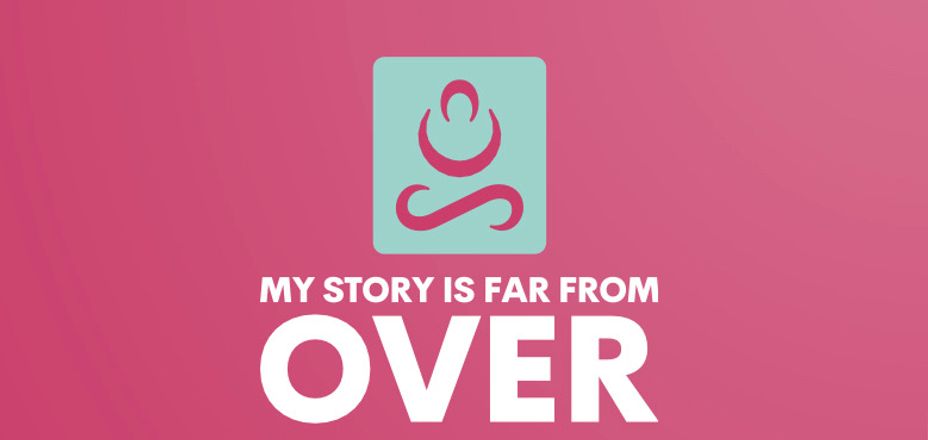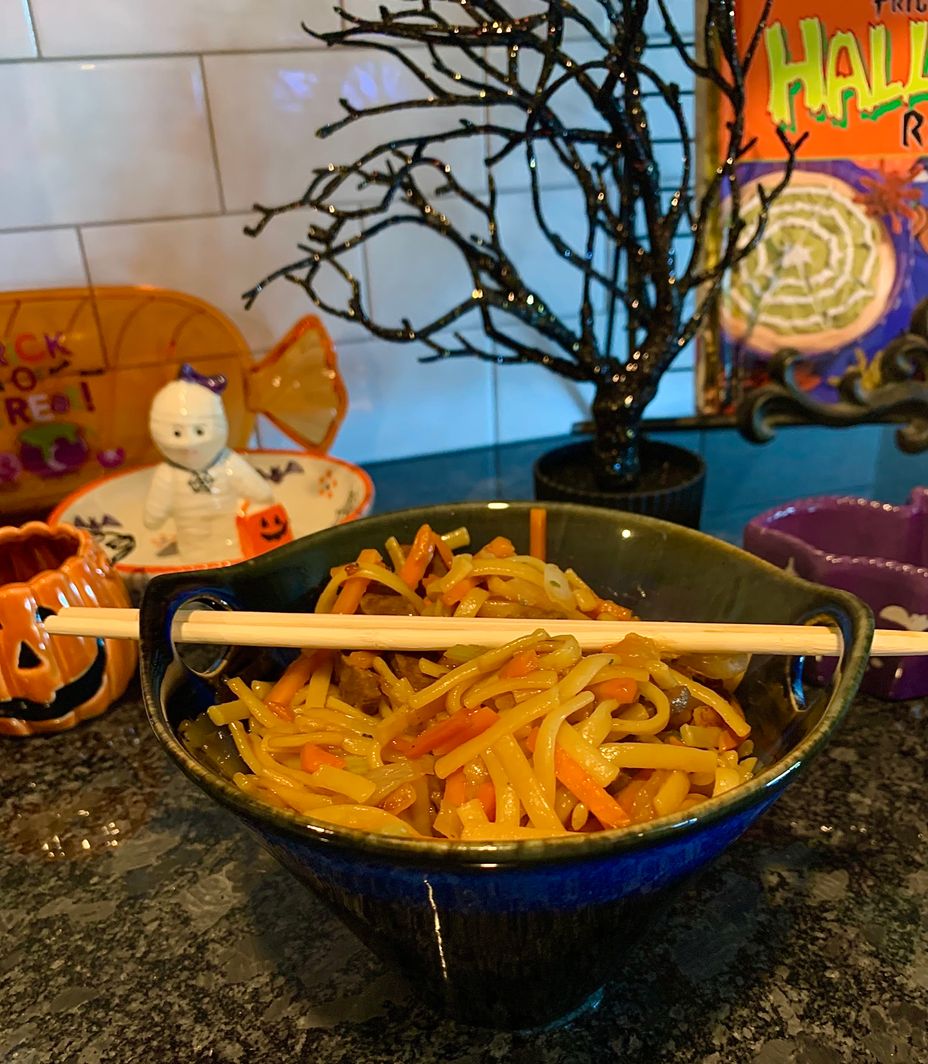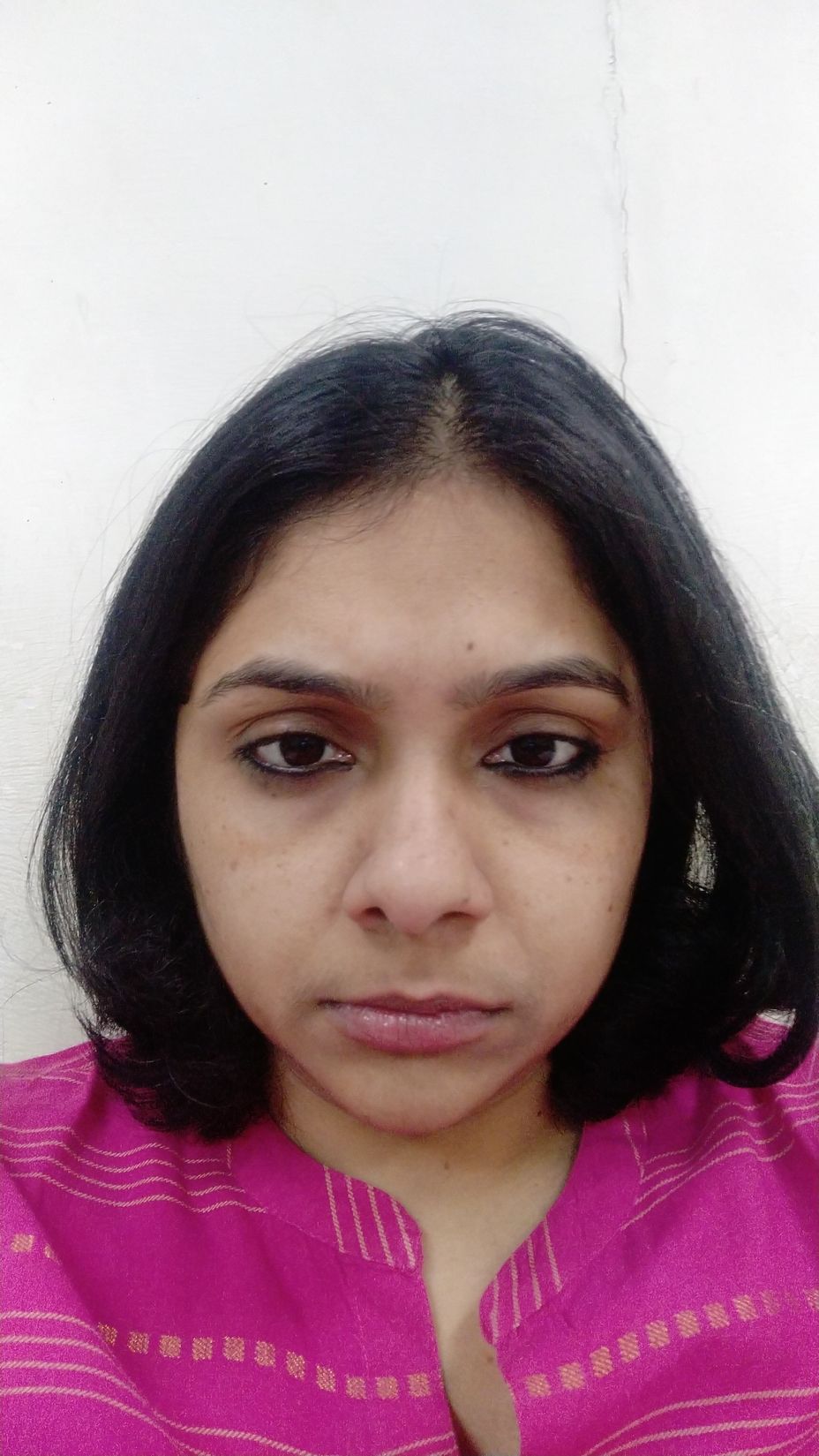Bought My Own Cake This Year
My Gold Medal Acceptance Speech for Healing on My Own Terms
Wow… I don’t even know where to start. I never thought I’d be standing here—because truthfully, for most of my life, I didn’t believe I’d make it this far, nor did I even want to.
I never had the fan club, the cheering section, or the supportive coach in my corner.
I trained for this moment in silence, in grief, in darkness, in pain.
In all these emotions, I shattered, learning the true path to lasting healing is rebuilding all those pieces on your own, no matter they fit
I didn’t win this medal for being the strongest.
I won it for refusing to stay broken.
A beautiful mosaic now captivates where only glass stood before.
I was told I couldn’t make good decisions. That I’d never get better. That I needed to be managed, not trusted.
Learned how to finally trust myself—and that was the most radical thing I’ve ever done.
I chose to fight.
I chose Spravato.
I chose truth.
I chose me.
Even when the world said I was too much, too messy, too emotional—I said, “Okay… then I’ll be all of that and still rise.”
To the people who watched me drown and called it drama: I release you.
To the ones who loved the version of me that stayed small: She doesn't exist anymore.
To the ones who tried to ship me off, silence me, or shame me into submission: that shit ends now and if you can't support me, get the hell off my bus.
This medal is for the woman who almost didn’t make it, more times than seems believably possible
Who sat weeping and praying for a crucial reset to her brain - and she got it.
Who now sleeps through treatments not in fear, but in peace.
Who bought her own damn cake and no longer apologizes for being one of a kind.
This is my moment.
And I accept it because I’m finally healing on my own terms.
Thank you… to the fire.
Thank you… to the silence that made me scream.
Thank you… to the little girl inside who never stopped hoping that one day she’d be the one holding the mic.
Well baby—here I am.
I made it.
And I did it my way. 🎂🥇
#MightyTogether
#HealingOnMyOwnTerms
#RebuiltNotBroken
#SheChoseHerself #MentalHealthVictory #ResilienceLooksLikeThis #SurvivorEnergy #MosaicNotShattered
#unapologeticallyme
#WatchMeRise
#NewYearNewMeEnergy
#chapter52
#SpravatoJourney
#BrainReset
#SuicideSurvivor
#KetamineTherapyWorks
#mentalhealthmatters
